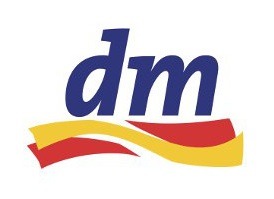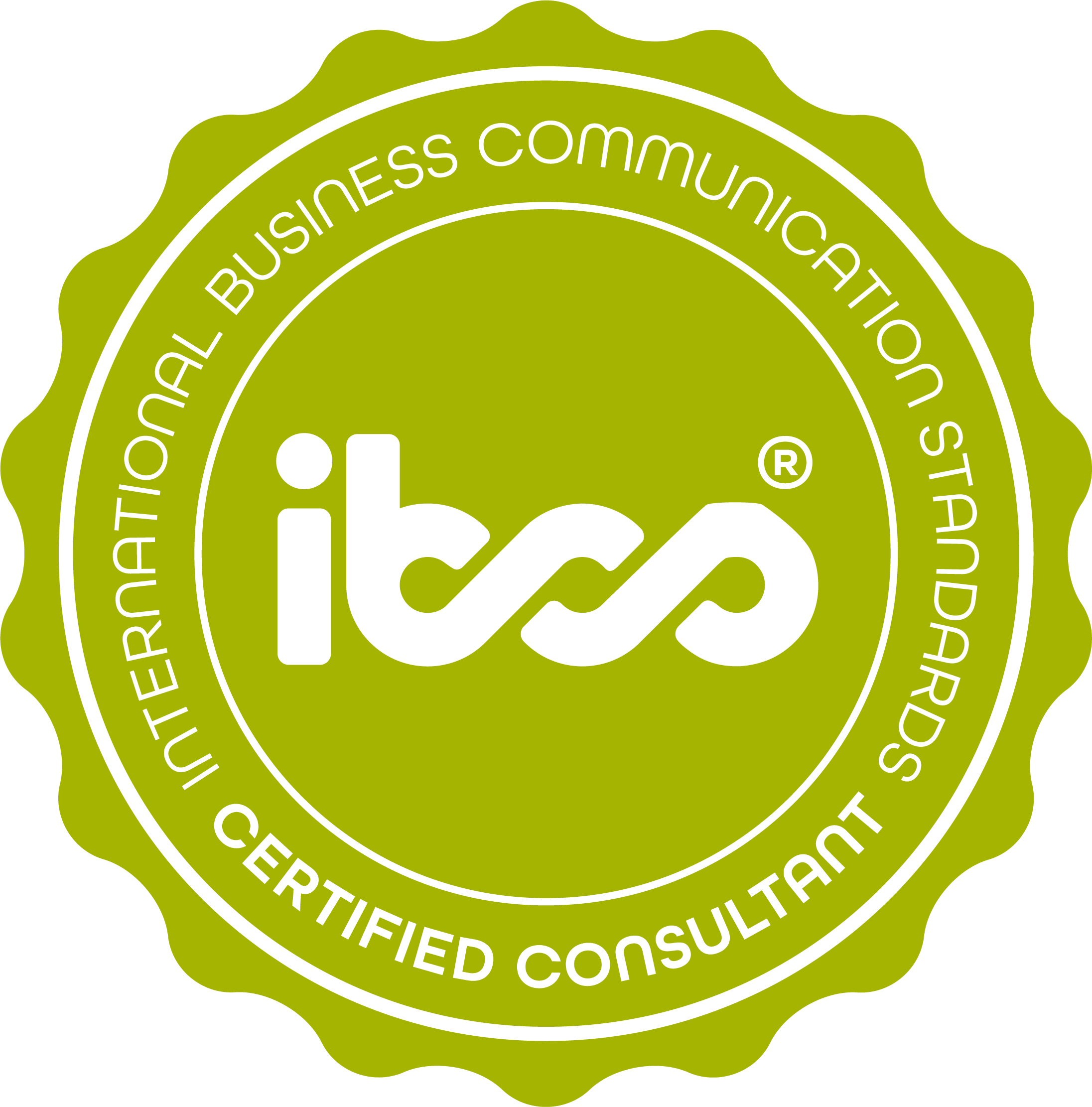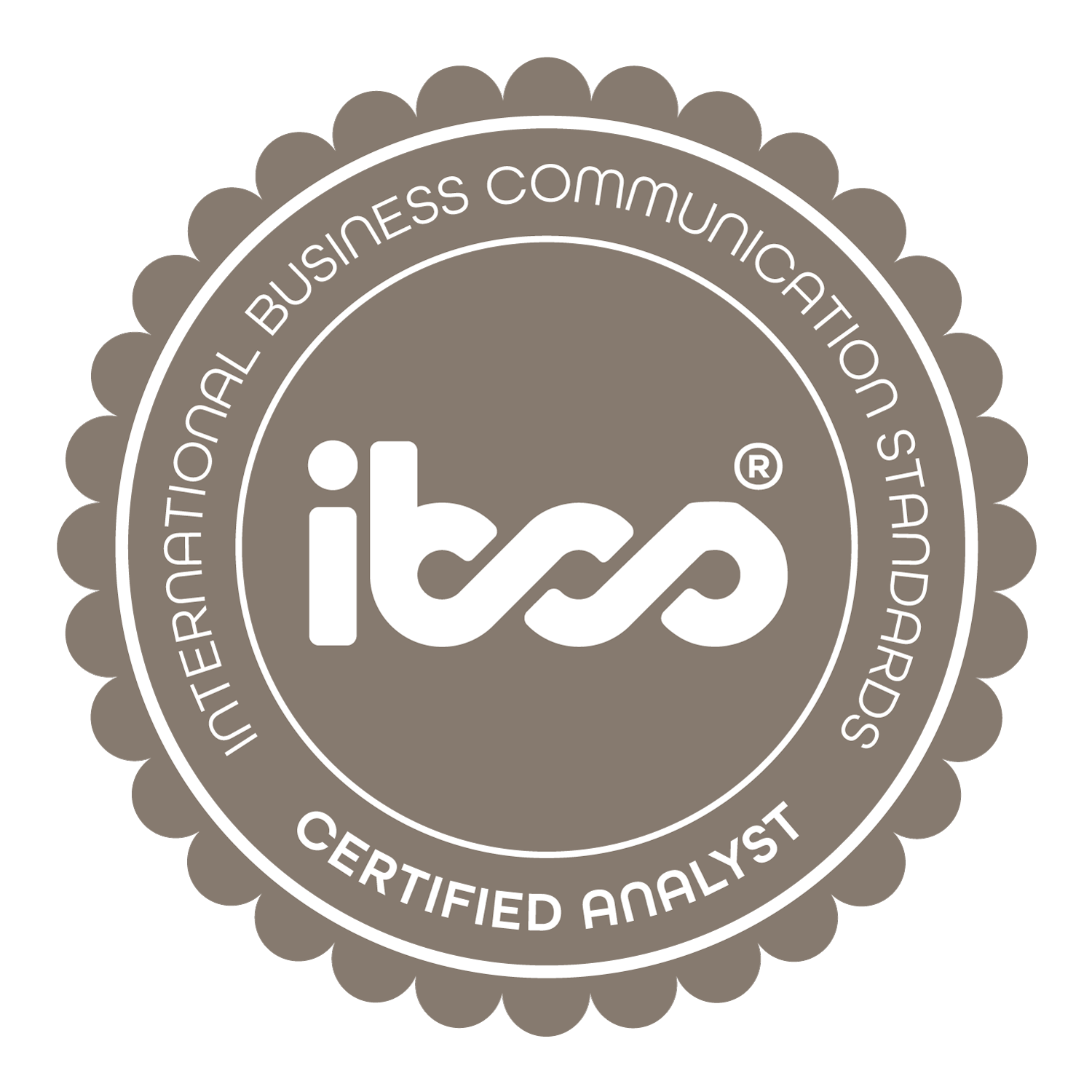IBCS® CERTIFIED ANALYST – UNDERSTAND AND APPLY IBCS
Srijeda, 06.03.2024. - Petak, 08.03.2024.
Zagreb
Ponedjeljak, 04.03.2024.
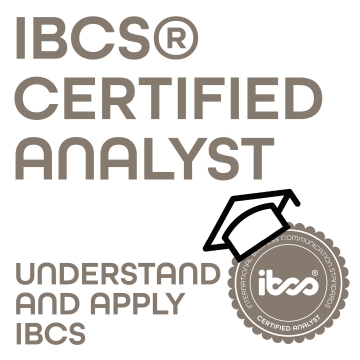
This workshop will be conducted in Croatian.
This workshop is precondition for attaining the IBCS® Certified Consultant certificate.
What makes reports and dashboards easier and better to understand? Learn the difference between reports for messaging and dashboards for self-service. We'll show you that both reports and dashboards need consistent notation, a well-organized structure, the right chart types, high information density, and proper scaling. Then, through numerous exercises, practice applying what you've learned. Followed by an online test for becoming an IBCS® Certified Analyst.
As an expert in your field, you have processed important and accurate data. Yet it takes much more to present this data successfully to management or customers.
Focus here must be on your message because recipients will only be able to understand you if you really say what must be said. Management reports require clear notation, as is the case with maps or sheets of music.
Certified program for certification IBCS® Certified Analyst.
Program duration:
The program consists of two workshops: 6th-8th of March, 2024
The main objective is presenting universal design standards for reports and presentations that will help participants report and present more effectively – with numerous before-and-after examples taken from actual practice. Find out why large corporations including SAP and PHILIPS have successfully standardized their reporting with the SUCCESS formula of the International Business Communication Standards (IBCS®).
Conditions:
The attendance fee includes training materials, lunch and refreshments during breaks. Number of places on this workshop is limited.
Program:
08:30 Reception and distribution of materials
09:00 Introduction: The basics of business communication
- Reports should have something interesting to report
- Dashboards serve analytical purposes
- The SUCCESS formula of the International Business Communication Standards (IBCS)
10:30 Coffee break
11:00 UNIFY: Apply semantic notation
- Unify terminology
- Define and learn a semantic notation
- Unify visualization
11:30 SAY: Convey a message
- Focus on the message
- Detect, explain, or suggest
- Substantiate message
12:00 STRUCTURE: Organize content
- Use homogeneous, non-overlapping and exhaustive elements
12:30 Lunch break
13:30 EXPRESS: Choose proper visualization
- Use correct chart types
14:00 SIMPLIFY: Avoid clutter
- Avoid noise and redundancies
14:30 CONDENSE: Increase information density
- Add data, elements, and objects
15:00 Coffee break
15:30 CHECK: Ensure visual integrity
- Avoid manipulated elements
- Use the same scales
16:00 Summary
- Next steps
16:30 End of training
08:30 Reception and distribution of materials
09:00 Introduction
- Summary of “IBCS with SUCCESS” training
- Workshop objective and overview
- Testing individual level of IBCS knowledge
09:45 Convey a message (SAY)
- Elaboration of rules for building storylines, using appropriate wording, and highlighting messages
- Individual exercise on wording
10:30 Coffee break
11:00 Organize content (STRUCTURE)
- Elaboration of rules for creating well-structured storylines
- Group exercise on the improvement of poorly structured text
12:30 Lunch break
13:30 Choose proper visualization (EXPRESS)
- Elaboration of rules for the proper choice of chart and table types
- Group exercise with case studies
- Presentation of the results
15:00 Coffee break
15:30 Avoid clutter (SIMPLIFY)
- Elaboration of rules for a cleaner layout
- Individual exercises on removing clutter from tables
16:15 Increase information density (CONDENSE)
- Elaboration of rules for adding data and elements to charts and tables as well as objects to screens and pages
- Group exercise with case study
17:00 End of day 1
09:00 Ensure visual integrity (CHECK)
- Elaboration of rules for avoiding wrong scaling
- Discussion on proper scaling for typical practical challenges
10:30 Coffee break
11:00 Apply semantic notation (UNIFY)
- Elaboration of rules for a consistent semantic notation
- Group exercise from “Solid, outlined, hatched” video course
12:30 Lunch break
13:30 Case studies
- Group exercises: Design of report pages supporting given messages
- Presentation of the results
15:30 Coffee break
16:00 Enabling corporate adoption of the IBCS® Standards
- Discussion of the requirements for corporate adoption
- Discussion of the necessity and the contents of a notation manual
17:00 End of workshop

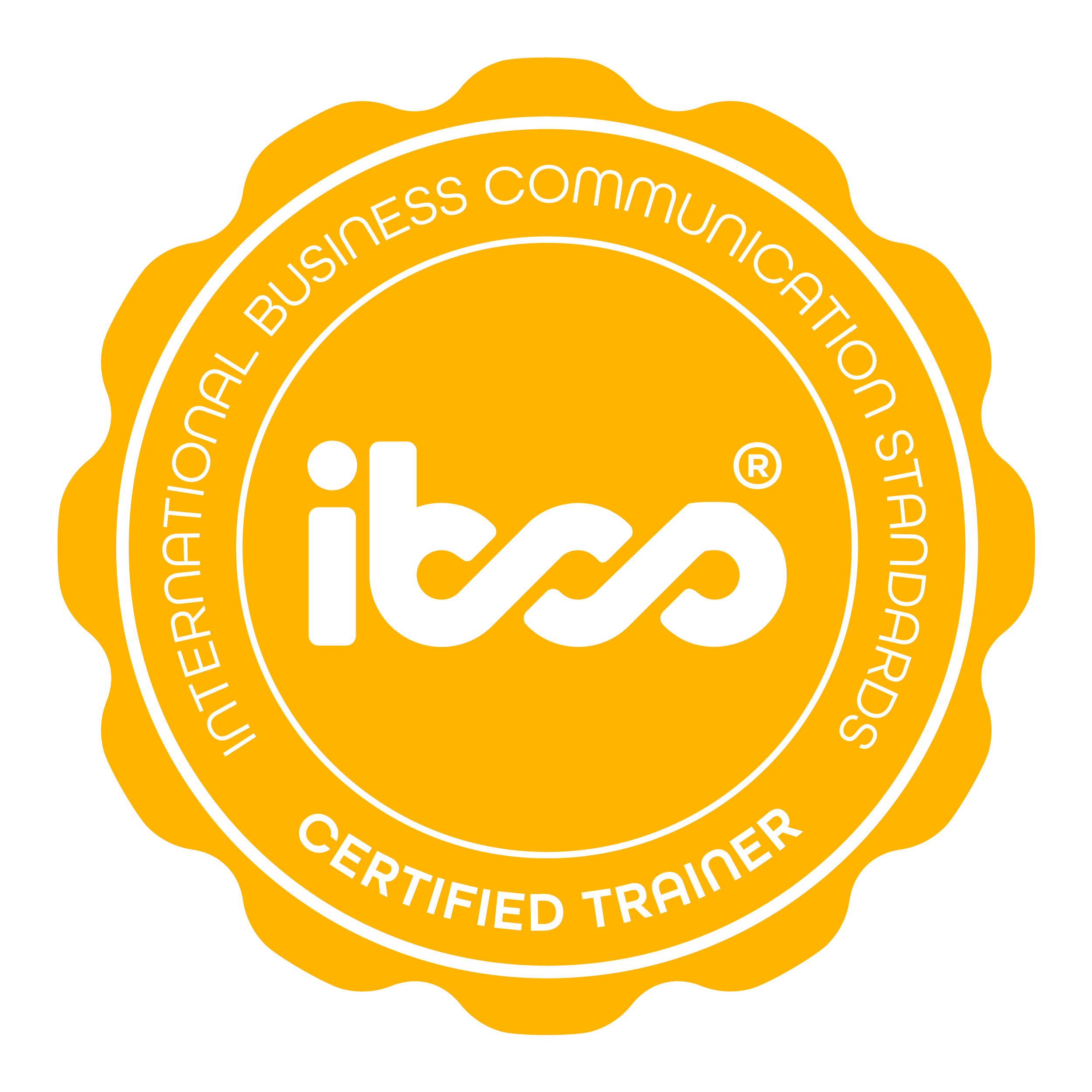
Dr. Mladen Meter is a consultant and managing director of Business effectiveness Ltd. for business consulting in the field of controlling, finance, management, accounting, internal audit and business information systems (ERP/SAP). He has extensive experience in management positions in international companies (Kaufland, Generali, Basler) and is currently working independently and with renowned foreign partners on numerous projects in Croatia and abroad. He received his Master's degree in 2005 from the Faculty of Economics in Zagreb, in 2006 he finished Controlling Stufenprogramm at Austrian Controller-Institut in Vienna and passed the examination for the Certified Controller. In 2012 he attained his PhD from the Faculty of Economics in Split. He also studied at Harvard Business School, IEDC Bled School of Management, and Horváth Academy in Germany. He is internationally certified HICHERT®IBCS consultant and trainer, certified partner for IBCS certified solutions for management reports and presentations. He is a certified internal auditor for banks, financial institutions and information systems and is a member of consultants network of certified consultants of HAMAG for areas: business planning, finance, organization and business management. He is European Bank for Reconstruction and Development - EBRD's consultant. He has been a senior lecturer at the AACSB accredited business school for a number of years, and has lectured in Germany at ESB Business School in Reutlingen and at CBS International Business School in Mainz. He also frequently teaches on open and in-house education in Croatia and abroad.
,,Radionica je za preporuku jer na moderan i prihvatljiv način pomaže u izradi menadžerskih izvještaja.''
Ivica Milardović, direktor
Dentum d.o.o.

,,Radionica je nadmašila očekivanja i podigla ljestvicu kvalitete kroz izuzetno dobro pripremljenog predavača koji je koristio puno primjera i alata kako bi objasnio poslovnu komunikaciju i u širem smislu.''
Dijana Penava, voditeljica marketinga i prodaje
Dentum d.o.o.

"Radionica za preporučiti. Sva teoretska znanja su potkrijepljena praktičnim dijelom. Uz sadržaje koji su vezani za temu radionice mogu se čuti i razne dodatne informacije."
Boris Šmudla, Rukovoditelj odjela
Odašiljači i veze d.o.o.
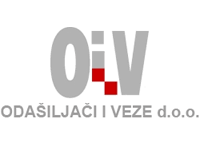
"Dinamična, korisna i edukativna radionica. Za svaku preporuku za nadopunu excel znanja i svladavanje novih vještina."
Lana Čop, Voditelj financija i kontrolinga
Panturist d.d.

"Radionicu bi apsolutno preporučio jer je vrlo dinamična i bazira se na praktičnom dijelu, a ne suhoparnim podatcima."
Marijan Pavić, Rukovoditelj odjela
Odašiljači i veze d.o.o.

"Izuzetno korisna radionica za svakog u modernom menađžmentu"
Zoran Kovačević, direktor odjela razvoja

"Odličan predavač koji uvijek ima zanimljivu temu i način prezentiranja. Preporučujem radionicu svima."
Višnja Komnenić, direktorica sektora za internu reviziju
HEP d.d.

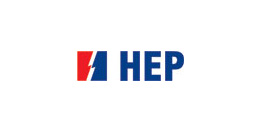
"Radionica Profesionalni izvještaji i prezentacije je bila odlična. Predavač je zaista stručan i primjetno je da mnogo zna o temi.
Stvari su primjenjive u praksi. Potrudit ću se da usvojeno znanje primjenim u praksi."
Kanita Gačanović, Asistent logistike
dm drogerie markt d.o.o. Sarajevo
